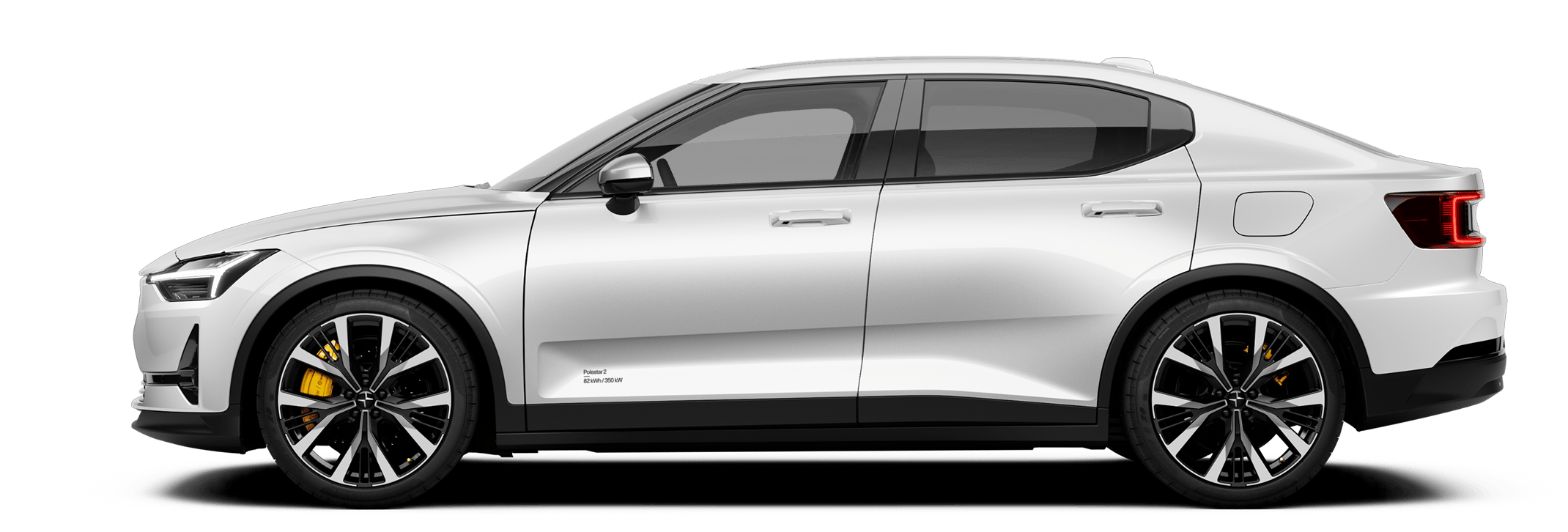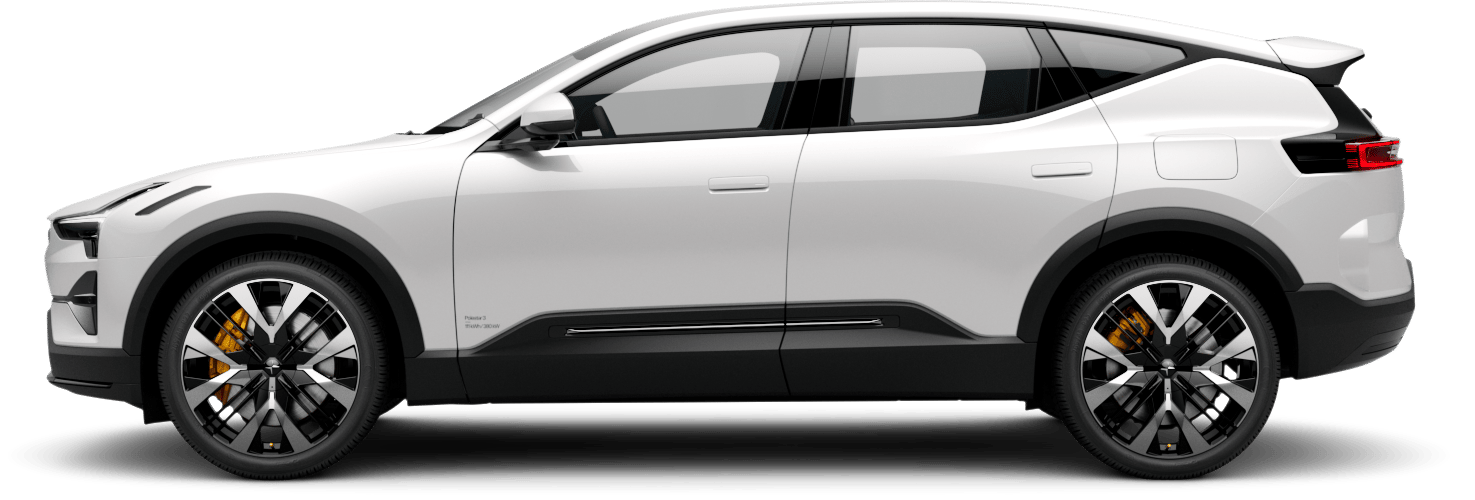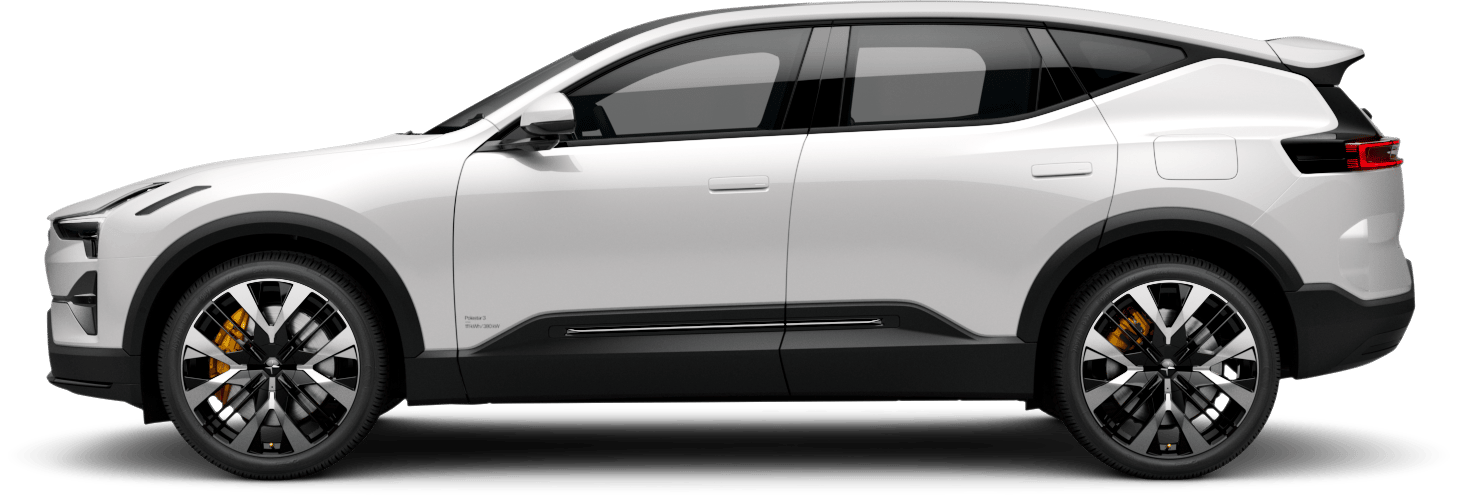Performance, precision and progress – Polestar and the world of cycling
The humble bicycle. A clever human invention that has withstood the test of time, becoming a staple in transport and leisure all around the world. It has also been the catalyst for competitive cycling – a hugely popular, high-intensity sport where athletes push the limits of strength and endurance to outperform the competition. And, like Polestar, it’s grounded in precision, efficiency, and the relentless pursuit of progress. Coinciding with this year’s Tour Down Under in Adelaide, Polestar supported the International Cycling Executives – a global business community connected through their passion for cycling – with their first major gathering in January. Like-minded professionals came together across the week for a series of rides, with Polestar support vehicles in tow. The week of rides concluded with an event featuring a panel discussion with Olympic cyclist Grace Brown and Polestar Australia’s Managing Director Scott Maynard, as the group connected on shared values of performance, sustainability, and community.
Tour Down Under
Now in its 25th year, Tour Down Under is the first major event on the global professional cycling calendar, and the biggest cycling event in Australia. Each year, Adelaide plays host to cycling professionals, enthusiasts and fans, as the sport takes over the city. Polestar and the International Cycling Executives were amongst the action, with daily group rides supported by a pair of electric Polestar 3 and Polestar 4 vehicles, fully equipped with bike racks, spare parts, and plenty of replenishments (and air-conditioned cabins) to keep the group going in the Australian heat.
Rides throughout the week took the group from the CBD into the South Australian countryside. Immersed in nature amongst the fresh country air, the quiet whirr of bicycle wheels were mimicked by the hum of the electric Polestar support vehicles, spelling out a certain synergy between the two modes of transportation. The group tackled some steep, challenging terrain cycling up into the Adelaide hills, as the endurance and performance of each member (and each vehicle) was put to the test.


The pursuit of performance
As top cyclists strive toward the ultimate in performance, they rely just as much on their own endurance and strength as they do on their two-wheeled machines. Innovative design, built on years of research and development, has created the lightweight, aerodynamic racing bikes of today that carry our Olympic champions. Ensuring all efficiencies are maximised without compromising on quality or rider experience is of the utmost importance – and it’s a philosophy shared by Polestar.
“To produce a vehicle that does what it needs to do on the road, it’s less about the 0-100, and more about a total package that performs in all aspects – suspension tuning, handling, driver comfort, and safety technology,” said Scott Maynard, Managing Director of Polestar Australia.
Performance for Polestar is a holistic approach that takes into consideration all aspects of vehicle design to harness power intelligently. Researchers, engineers and designers work together to create efficiencies which maximise range and power without compromising on driver experience. This extends to the use of carefully researched alternative materials, vehicle testing in extreme environments, and deliberate design choices to optimise weight distribution and aerodynamics. They all come together to create the ultimate Polestar driving experience.
For Olympic Cycling gold medalist Grace Brown, performance during race day is all about recognising what is within control. “For me, performance is very closely linked with my idea of success. I knew that I had it in me to go after a gold medal, I set that as my goal. I purely focused on every inch of the race and how I was doing my best in that moment,” she says.








01/04
Maintaining the balance
As well as being a performance sport, cycling is also connected to nature. It’s an activity that thrives in open landscapes, quiet roads, and fresh air. Not only that, cycling is inherently sustainable, powered by human energy and leaving nothing behind but the sound of spinning wheels.
Electric mobility is the logical extension of this mindset. Not only is the gentle hum of an electric vehicle much more at home in nature than a rumbling combustion engine, but EVs also allow us an opportunity to rethink how cars are made to help protect our environment. Strict supply chain management aids the responsible sourcing of materials for our cars. Material innovations, such as Polestar's use of recycled fishing nets in vehicle carpets, helps to reduce each vehicle’s carbon footprint. Even harnessing solar and wind to power vehicles with 100% renewable energy enables an environmentally friendly ride.
“Sustainability is a pillar of the Polestar brand,” says Scott. “Every Polestar undergoes a lifecycle assessment, taking into account the entire impact of a vehicle over the course of its life, and we are constantly working to reduce that impact with each new vehicle we produce.”
Cyclists have long been early adopters of sustainable transport choices as a way to preserve the environments through which they ride. Just as cycling offers a clean, quiet alternative to conventional transport, EVs curb local emissions and allow for movement with less environmental impact. Polestar’s support for International Cycling Executives represents a shared vision for a more sustainable future. While there is still work to be done, Polestar’s ambition with electric vehicles is to create sustainable transport that’s much more in harmony with the natural world.


The power of the collective
At its core, cycling culture is built on community – from team racing events, through to the people who coach, mentor and support our top cycling athletes, right down to the post-ride coffee camaraderie of social cycling groups. The cycling community helps to foster a positive culture to help individuals achieve their best.
Reflecting on the role the cycling community played in her career, Grace shares, “Community has been a real driving force in my career. It was the thing that really made me fall in love with cycling, it pushed me to be better and has given a lot of drive and meaning to my career. I’ve always valued sharing my success with the people that support me.”
The shift to electric mobility follows a parallel path. The electric vehicle community is a collective movement that extends beyond manufacturers. A large, connected group of EV owners, drivers and enthusiasts in Australia are helping our country progress, advocating for more charging stations and policy reform. For Polestar, it’s about working with the people who want to go on that journey with us.
“At Polestar, it ultimately comes down to people, the partnerships and the teams that we pull together. Making sure that we have a high-performance culture with the right people who are motivated to innovate is key to success,” says Scott.
International Cycling Executives is a global community of business leaders who see cycling as more than just recreation – it’s a means of connection, collaboration, and shared ambition. By joining forces, Polestar is aligning with a group that believes in the same principles: that performance and progress is achieved through people.
Looking ahead
As the dust settles after the group’s first event of the calendar year, both Polestar and International Cycling Executives look forward to opportunities in the year ahead, where their shared values for performance, sustainability and community can thrive.
Like modern electric vehicles, the racing bicycle stands at the forefront of human ingenuity and stands as a brilliant metaphor: keep moving forward, be adaptable to changing landscapes, and always stay on track to achieve your goal.
Read more on Polestar's sustainability journey here.







